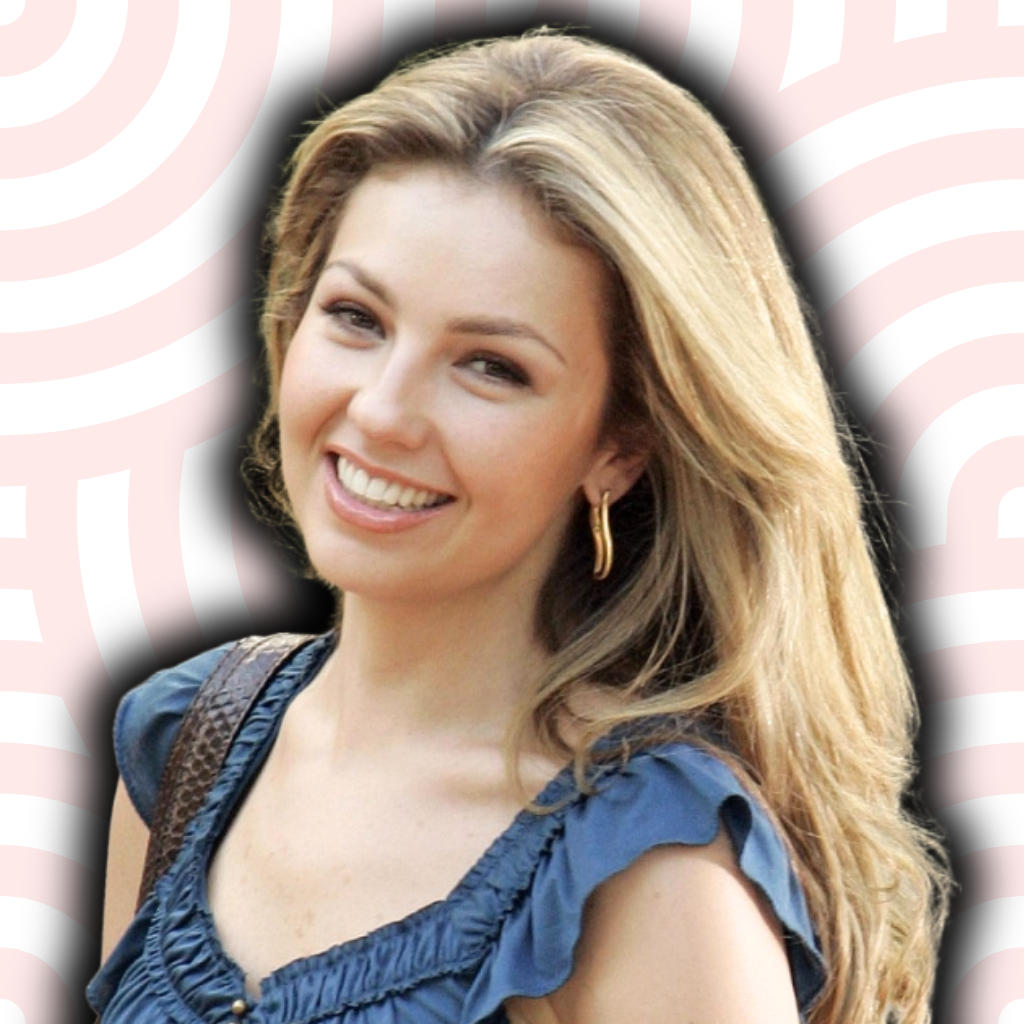Author Cris Ramos Green Shares How She Defines Her Latinx Identity
I am an author and people don’t know what category to put me in. It seems I don’t fit neatly into one cultural group and this may get in the way of promoting my book.
As I begin to market Embrace That Girl, I’m running to an unexpected problem. People can’t figure out if I’m Latina.
I'm Spanish because of my Iberian roots, and I'm Latina (or Latinx) because of my Cuban roots, and I'm American because I was born and raised here in the United States. And God help me if I take a 23andme DNA test because then I'll be a box of human confetti that really won't have a concrete category to live in.
To be fair, I did identify myself as Spanish-American in my bio, but I was only trying to be concise. Shoving three cultural identifiers seemed extra. I was raised by my Spanish grandmother and my Cuban grandparents unfortunately passed when I was young, so I left it as Spanish-American and that was that. It’s the story that matters most, isn’t it? I’m still Cuban, aren’t I?
I thought so, but now I’m left to explain why my bio states I’m Spanish-American even though I’m also Cuban because a reporter likes my book. However, she will not cover it unless I’m Latina. I want this because any mention could be part of my big break, the one every writer hopes for. This is all great, Embrace That Girl sounds perfect for this piece, but is she Latina or Spanish? The question lingers as I type and retype the same first sentence. None of it feels right, so I settle on a simple and clear start: Well, both.
I grew up in Miami and I was Hispanic like everyone else. I didn’t know what it meant to be in the “minority.” When I moved away to college, I learned I thought I was in the majority. Despite my alabaster complexion, I was not white to actual white people. But I could pass as white, which has given me some privileges… and a front row seat to some of the saddest beliefs I’ve ever heard spoken casually.
I’ve been told abortion clinics are places that low income minorities frequent and they should be supported if only to lessen the expansion of certain races. I’ve been told there’s a ranking system on the value of Hispanic life. White Hispanics are at the top (after being actually white, of course) and on and on it ranks until we get to the Hispanic countries with predominantly black, brown or mixed races. And that was on a date with people clearly within ear shot after being asked where my family is from.
I worked at a Hispanic agency eight years ago tasked with encouraging Spanish speakers to fill out the census. Our client was the United States government. We thought the challenge would be participation but it turned out self identification was confusing. Apparently, it still is. In a recent study by Pew Research Center titled “Who is Hispanic?” the debate continues. It’s an interesting read, but I’ll summarize the conclusion for you — you are if you say so.
It’s all convoluted. I’ve felt like I have a privilege pass because of how I look but have also been limited to bad stereotypes because of who I am. Lately, we’re all trying to be woke, and I still find I’m getting the question of: What box do you fit into? What's your acronym? And I’m... tired.
It’s not that I don’t understand why people are taking back the labels thrust upon them and using them to show the world we have a problem here. I support that. And we do have a problem here. A really bad one. We live in a world in which I am “lucky” because I have white skin and can hide who I am in order to access better opportunities. I just typed that... and it’s true. We get to fix it. But I can’t help but wonder, at what point do we drop the labels and become human?
I never found any one label adequately defined me or my experiences, which are varied and nuanced by all the factors in my bloodline and upbringing. I’m willing to bet a lot of people feel that way. I’m proud to be Hispanic because I am, because my grandparents gave up everything in pursuit of the American Dream. I grew up wanting nothing but to fit in, to be American just like everyone else. I did this to the detriment of my Spanish, sacrificing the language that was my first in order to deter any traces of an accent. It was heartbreaking to learn no matter how much I tried, I’m technically American but will never be accepted as such to some.
I’m Spanish, and yes, Latina. Both are true and exist in this one body and life I’ve been given. To be doubted feels hurtful and wrong.
Being a new writer is hard. It's hard to get people interested. And even when they are, I still have to fit neatly into a box. Best case scenario is they’re trying to amplify voices that usually don’t get the good opportunities. Worst case: unless the editor can check off a specific diversity box, I'm out. I may not be Hispanic enough.
Here’s the gray area—this very instance substantiates why it's important these terms exist and their limitations all at the same time.
Before these terms, I may not have been as “relevant” an author. Writing can be scary. Rejection is part of the deal. It sucks but that’s the deal. However, when the work is good and it’s me as a human being that does not fit in the right bucket, that feels personal. That feels like it’s not something I can fix because I can’t change my sex, gender identity, origin or upbringing.
I know I didn’t choose an easy vocation. The literary world is full of boxes, barriers and gatekeepers, and my privilege only extends so far. When I interviewed various PR agencies to help me launch my book, one man said to me, “Okay, I’ll be straight. You’re a first-time independent author. You ain’t a Kardashian. BUT I can sell you as a Latina woman whose parents are immigrants! That’s SO in right now.”
This didn’t even offend me. As little as five years ago, “It's SUCH a good time to be a Hispanic Woman author right now” would be a line followed loudly by: Said no one ever.
I wish I didn’t have to explain my heritage. I wish the new solutions we’re creating to fix a broken system weren’t also broken. And I keep moving forward anyway. I understand we’re all trying to figure this out. Maybe it’s a step in the right direction even with its limitations. Maybe it’s impossible to live in a color blind world. I hope not.
The ever expanding and changing nature of labels seems to prove their limitations. The Pew Study found that despite the Hispanic, Latino, Spanish debate, these labels are not universally embraced by the community who has been labeled. I agree. I’ve defiantly checked “other” in many self identifying boxes. It’s a small act of anarchy no one sees but I do it all the same. It’s my resistance to the system. It’s what I want to do now, but I don’t.
This time, I begin my response without any cultural identifiers. Instead, I tell a story about Cuba, my missing Latina link.
Dear Lola, I’ve looked at old photos of my Cuban grandparents wondering what it was like recently. Should I go? What will I discover? A little part of me hopes it’s the missing pieces of my history. The key that will explain the sadness I feel as I search for my features across our Spanish family’s faces always coming up short.
I have a feeling those missing parts of me exist on that island that’s been so close but may as well be oceans away. Yes, I’m Cuban. I’m Latina. I’m Spanish. I’m American. All of these places and experiences exist inside of me and there isn’t a term adequate enough to explain my story.
Embrace That Girl
By: Cris Ramos Greene
Embrace That Girl is the heartfelt and humorous story of writer Cris Ramos Greene’s quarter-life crisis as she searches for meaning, love, and a fulfilling career. Booklife by Publisher's Weekly calls it a "well-crafted post-college memoir" and compared it to Mindy Kaling’s Is Everyone Hanging Out Without Me? and Melissa Broder’s So Sad Today.
Cris Ramos Greene is a Spanish-American writer whose writing about travel, relationships, and Miami culture has been published in Thought Catalog, The New Tropic, and BuzzFeed Community. After working for several Miami-based advertising agencies specializing in reaching the Hispanic market for clients like Dunkin’ Donuts, the US Census and Ford, Greene switched gears and forged a career in Miami’s dynamic art world, helping to raise the profile of Wynwood and Allapattah and interviewing female artists like Cheryl Pope and Zoila Darton. Her first book Embrace That Girl was released on September 22, 2020.


















Healing with purpose.